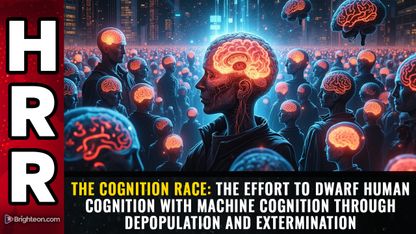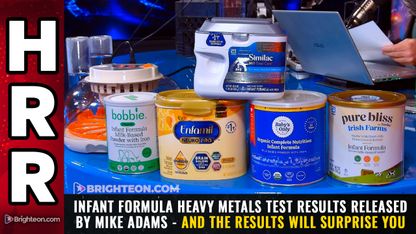
It’s easy to see the connection between the poor modern Western diet and problems like obesity or diabetes because of the out-of-control sugar consumption, but depression is related more to what we’re not consuming than what we are.
For example, there is a lot of research showing the link between a Vitamin D deficiency and depression in people young and old. One study found that people whose vitamin D levels were considered deficient were twice as likely to experience depressive symptoms as those who were considered mildly deficient. That’s because the body uses vitamin D to regulate the enzymes needed for dopamine, epinephrine, and norepinephrine production, hormones that are used to regulate your mood and stress as well as energy levels.
Depression is considered a sign of magnesium deficiency, and one Croatian study found that many people who had attempted suicide had dangerously low magnesium levels. A study from the University of Vermont, meanwhile, found that adults with mild to moderate depression noted significant improvements in their depression and anxiety after taking magnesium supplements for just two weeks. A reported 68 percent of Americans don’t get the recommended daily amount of magnesium, with 19 percent failing to even get half the necessary amount. This could well be playing a role in the rising depression numbers.
People with depression also have lower concentrations of the mineral zinc in their blood than those who do not have depression, and studies have shown that zinc supplementation can reverse that depression.
Antidepressants have a poor efficacy record
The nutrient connection explains why treating depression with drugs is so ineffective. It simply doesn’t address the underlying cause of many people’s depression. A new study from Zurich University of Applied Sciences concluded that “antidepressants are largely ineffective and potentially harmful,” and it’s one of many studies pointing to the unacceptable track record of these medications.
Making matters worse is the fact that using these drugs over the long term raises a person’s chances of having a relapse of depressive episodes. Then there’s the higher risk of suicide. It’s hard to imagine a worse side effect than that, until you realize just how many mass shooting perpetrators in recent years had been taking antidepressants.
A big part of the problem is that doctors are far too quick to prescribe these drugs, and many patients specifically request them in hopes of an easy fix. It’s understandable that those who are depressed are eager to find themselves in a better frame of mind, but correcting nutritional deficiencies is truly just as easy, and it doesn’t come with any side effects.
Better yet, ensuring you’re getting enough of the nutrients your body needs actually improves your overall health, not just depression, so it’s a win-win situation. While studies have shown that supplementing with vitamin D, zinc and magnesium can all effectively address depression, you can also get these nutrients through your diet. Oysters, cashews, crab, and beef are all considered good sources of zinc, while you can get a magnesium boost from foods like spinach, almonds, Swiss chard, pumpkin seeds, almonds and dark chocolate.
Vitamin D is perhaps the easiest deficiency to correct; you just need to spend some time outdoors without sunscreen to get your body to start producing more of it. The amount of time needed varies depending on your skin tone, the time of day, and your geographic location, but it could be as little as 10 minutes a day a few times per week.
For people with serious depression, it might be hard to believe that something as simple as getting more nutrients could make a difference, but you have nothing to lose and everything to gain by trying it.
Sources for this article include:
Please contact us for more information.






















